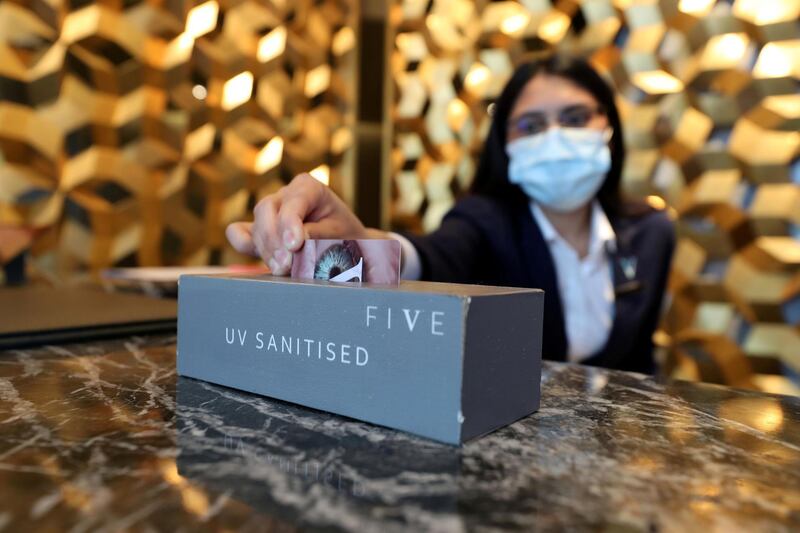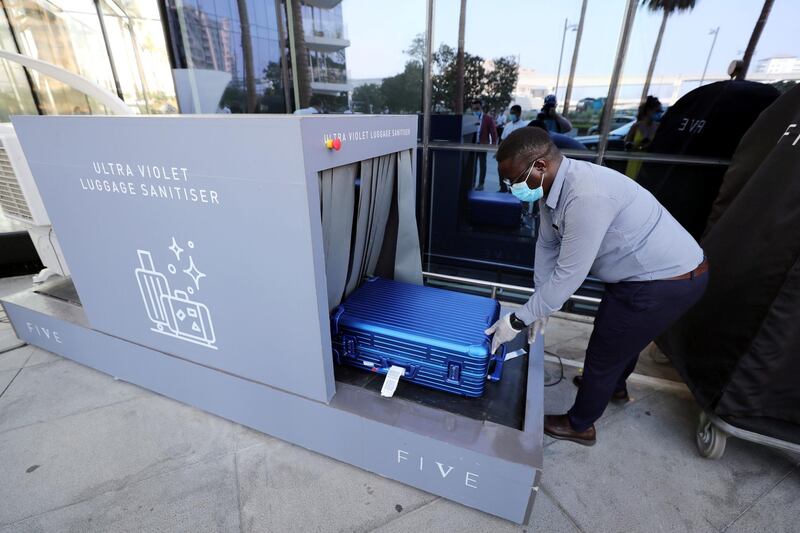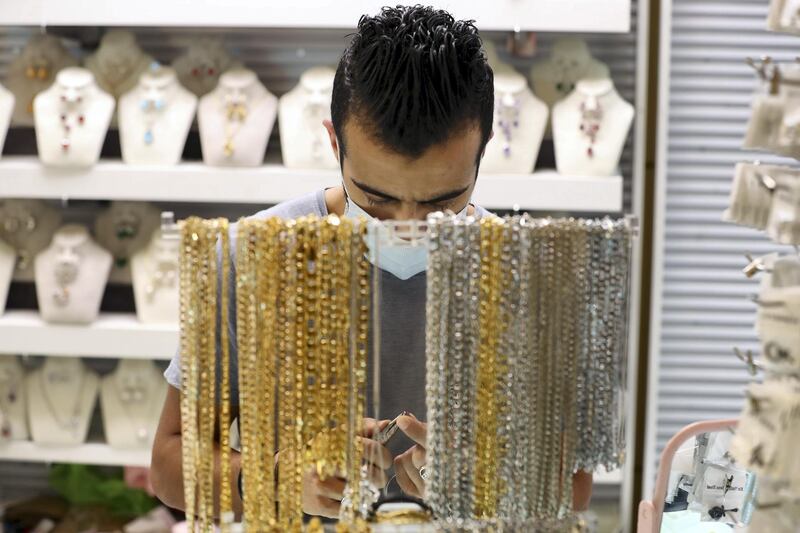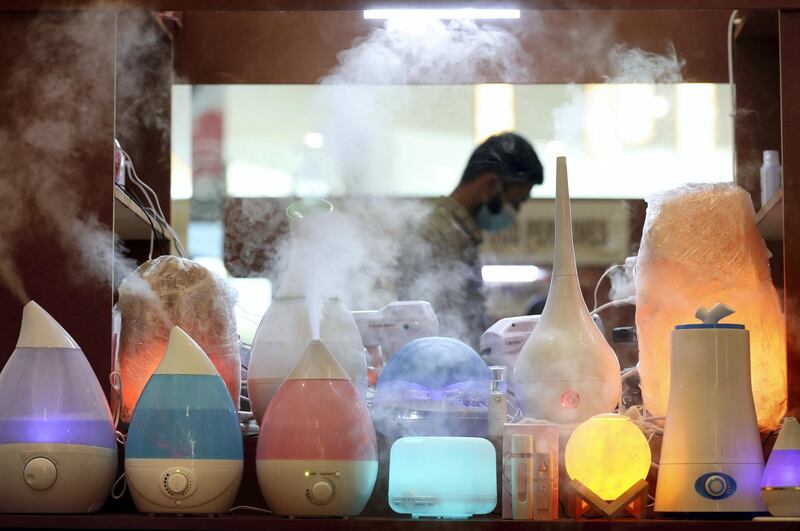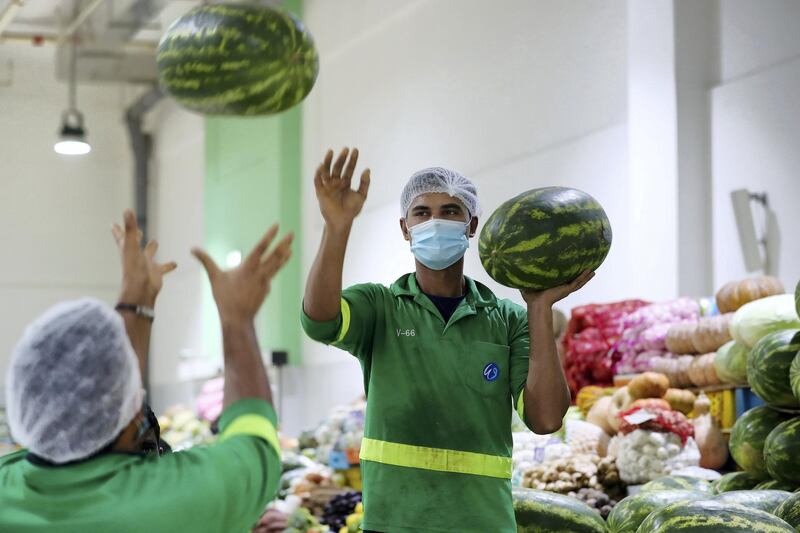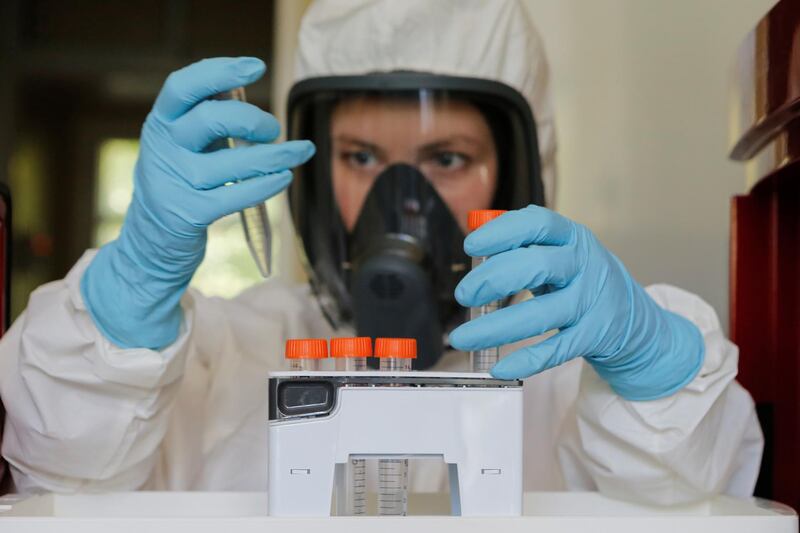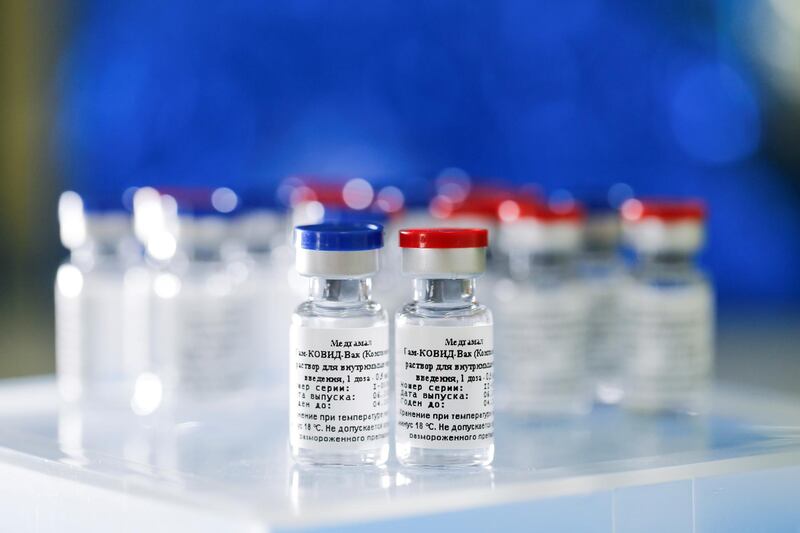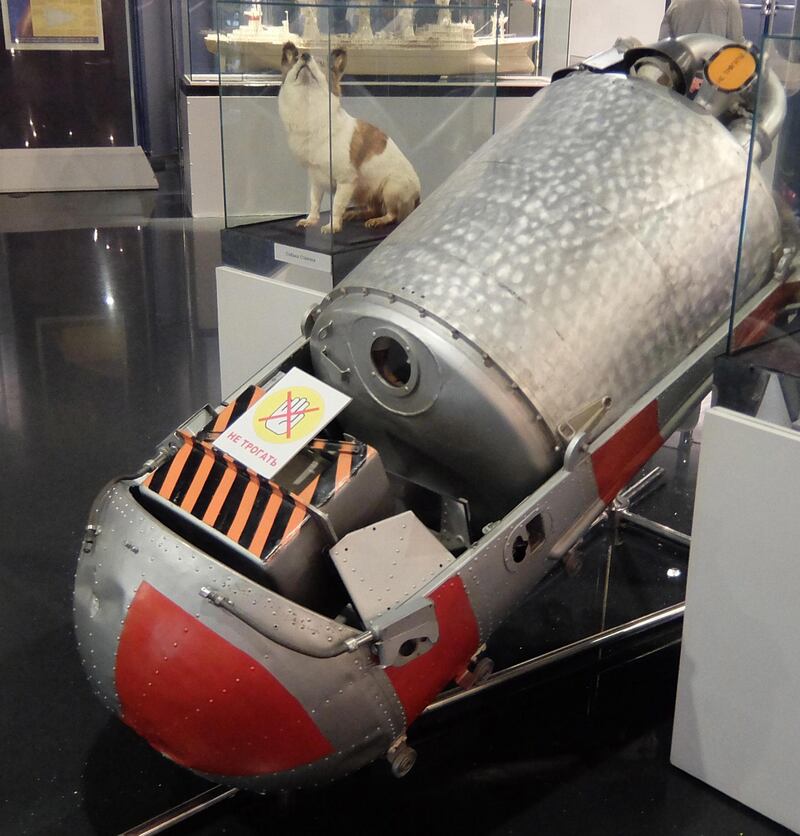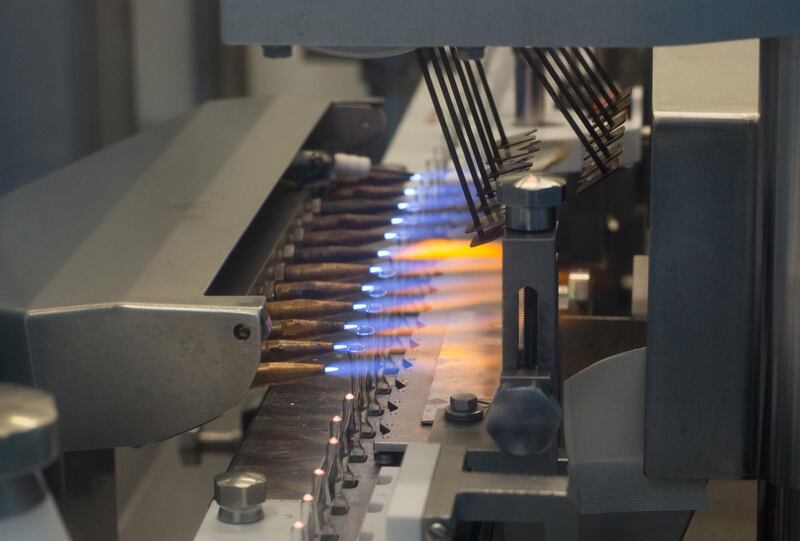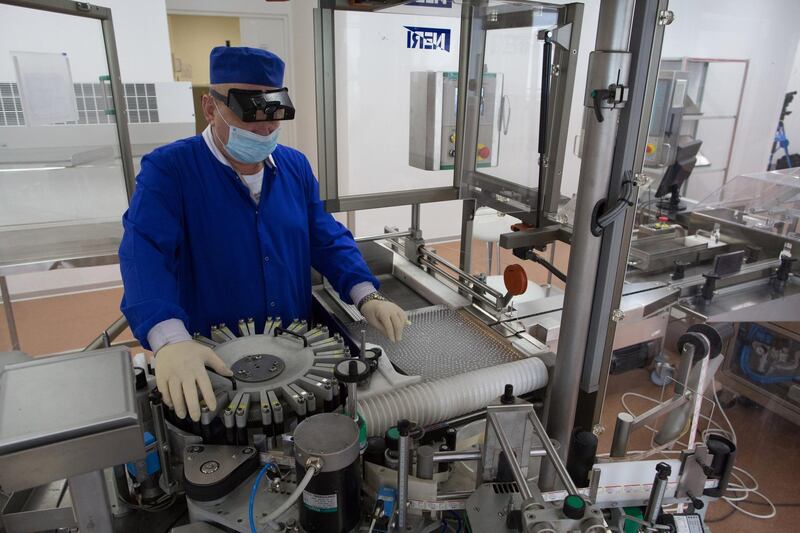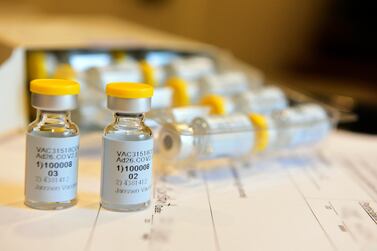The race to find a coronavirus vaccine involves some surprising contenders such as those based on tobacco-like plants.
This demonstrates that it is not enough for vaccines to be safe and effective. They also need to be put to work as quickly as possible and on the scale required to end the pandemic within a year.
The answer may lie in changing the 70-year old way vaccines are made. The National explains:
Do we need to vaccinate everyone?
The hope is that vaccines will halt the pandemic by making people immune to coronavirus. This does not mean all 7.8 billion people on Earth must be vaccinated.
Instead, it should be enough to achieve herd immunity, where so many people are immune to the virus that it cannot sustain a pandemic.
The bad news is that studies of the spread of the virus suggest that achieving herd immunity could require between 25 and 50 per cent of the population to be vaccinated – in other words, at least two billion people.
UAE to host new vaccine trial for Russia's Sputnik V
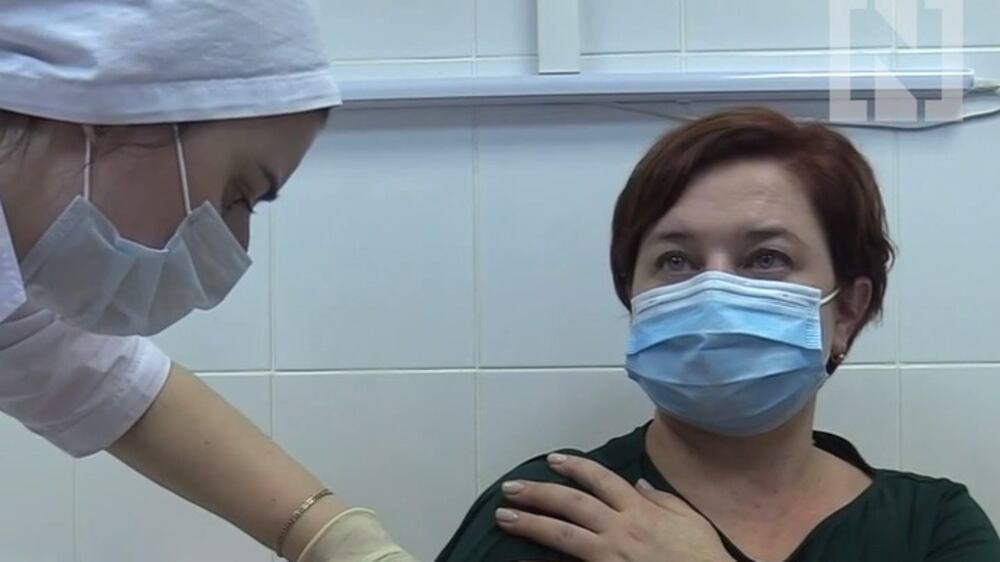
Is that target achievable?
In April, the World Health Organisation launched Covax, a global initiative to support vaccine research with the aim of getting 2 billion doses to every nation by the end of 2021.
But even assuming the vaccine is 100 per cent effective in a single shot – which is far from guaranteed – 2 billion doses is unlikely to be enough.
Last month, Adar Poonawalla, head of the Serum Institute of India, the world's largest vaccine manufacturer, told the Financial Times that about 15 billion doses may be needed. That is 10 times the institute's annual output of vaccines for all diseases.
Can drug makers meet the challenge?
According to Mr Poonawalla, pharmaceutical companies are not stepping up production capacity quickly enough.
Even after joining forces with five other vaccine makers, the Serum Institute believes there will not be enough coronavirus vaccines to quell the pandemic for at least another four years.
In the meantime, it is seeking investment in additional capacity from, among others, Abu Dhabi investment holding company ADQ.
Plants vs animal-based vaccine
A breakthrough in how vaccines are produced is needed. The basic methods date back more than 70 years and are slow and cumbersome.
They involve injecting virus particles into vast numbers of fertilised chicken eggs and incubating them for days before extracting and purifying them.
More recently, animal cells have been used instead of eggs, but – as with egg-based vaccines – these can lead to mutations that make the final vaccine less effective. But now there’s growing interest in potentially faster and cheaper approaches which use plants like tobacco.
How does the new method work?
Plants have been genetically engineered to produce pharmaceuticals since the 1990s. Put simply, the DNA instructions of the plants are altered so that they become “factories” churning out the required compounds.
For vaccines, these include agents such as viral proteins that can provoke the disease-fighting immune system to detect and destroy viruses.
The potential benefits of using plant-based vaccines are huge. They are cheap to make and simple to scale up as they can be cultured in basic bioreactors.
They also need far less purification because, unlike animal cells, the use of plants means they are much less susceptible to harmful contamination.
Is anyone making a plant-based Covid vaccine?
Canadian biopharma company Medicago is using a tobacco-like plant from Australia called Nicotiana benthamiana to churn out virus-like particles which it hopes will mimic the presence of coronavirus when injected into patients, making them immune.
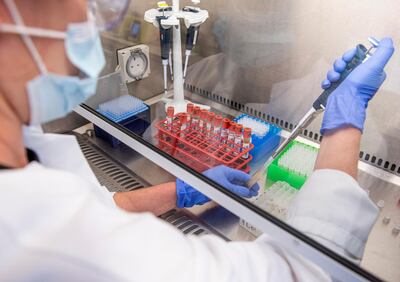
The company, supported by cigarette maker Philip Morris, is now planning human trials where these virus-like particles will be combined with other compounds to boost its effect. If the trials are successful, the company believes it will be able to make millions of doses in the new year.
Kentucky BioProcessing, backed by cigarette maker British American Tobacco, has similar plans, and human trials are scheduled to start next month.
What happens now?
Despite their promise, plant-based vaccines are months behind conventional vaccines on the road to deployment.
Crucially, their safety and efficacy has yet to be accepted by regulators. For the time being, attention remains focused on standard vaccines, with the supply problem being tackled by giving the first doses to healthcare workers and vulnerable groups like the elderly.
Robert Matthews is visiting professor of science at Aston University, Birmingham, UK
